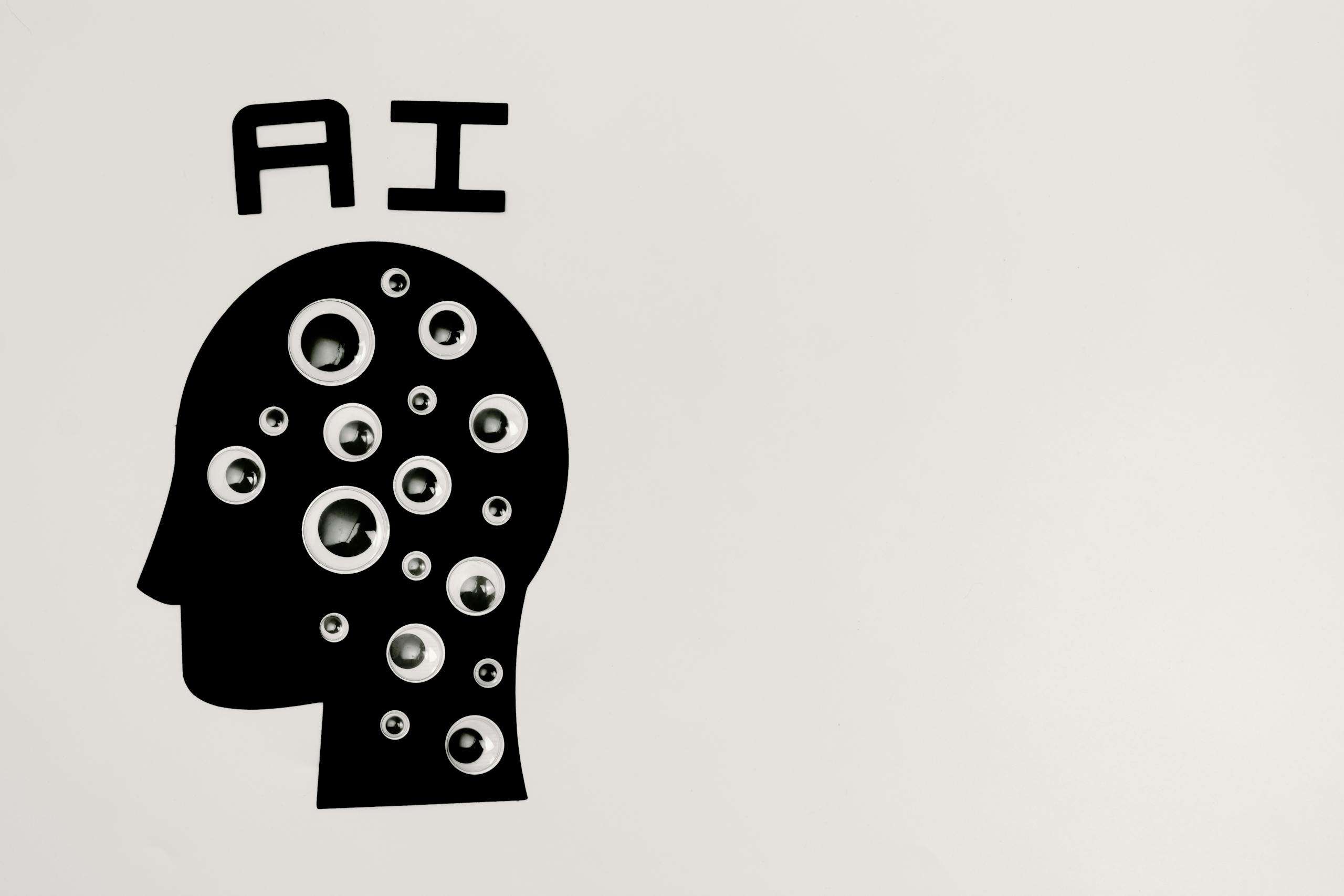Over the years, the healthcare industry has witnessed significant advancements thanks to the rapid evolution of technology. Among these, artificial intelligence (AI) has emerged as a game-changer, increasingly being integrated into various facets of healthcare, from patient care to administrative operations. As AI continues to permeate both business and society, its applications within healthcare settings are proving to be revolutionary, with the potential to transform how care is delivered and managed across the globe.
AI technologies are poised to revolutionize patient care by enhancing the precision, efficiency, and speed of medical processes. For instance, AI-powered tools can scan radiological images to detect diseases at an early stage, often with greater accuracy than human practitioners. This capability not only improves diagnostic accuracy but also facilitates earlier interventions, potentially saving lives and reducing treatment costs. In addition to diagnostic imaging, AI is also making strides in clinical decision-making and disease diagnosis. By processing vast amounts of data from electronic health records, AI systems can uncover patterns and insights that might be overlooked by human analysis. These systems can ingest, analyse, and report on large datasets, providing healthcare professionals with evidence-based recommendations to guide clinical decisions. This ability to harness big data is invaluable in an era where the volume of medical information is growing exponentially.
AI’s impact is not limited to clinical applications; it is also reshaping the administrative and operational aspects of healthcare organizations. From streamlining business operations to optimizing patient care workflows, AI technologies can make healthcare systems smarter and more efficient. By automating routine tasks and improving resource management, AI enables healthcare providers to focus more on patient care and less on administrative burdens. Moreover, AI is playing a crucial role in drug discovery and health services management. By analysing large datasets, AI can identify potential new drugs and treatments, accelerating the development process and bringing new therapies to market more quickly. This capability is particularly valuable in addressing emerging health challenges and ensuring that patients receive the most effective treatments available.
The applications of AI in healthcare are broad and far-reaching, encompassing a variety of medical fields including clinical, diagnostic, rehabilitative, surgical, and predictive practices. As AI technologies continue to evolve, their integration into healthcare systems will likely expand, offering new opportunities to improve patient outcomes and enhance the overall efficiency of healthcare delivery.
Acknowledging the transformative role of artificial intelligence and data science in healthcare, the Institute of Health Management Research (IIHMR), Bangalore, a pioneer institute for healthcare management education, research, and training in southern India, launched India’s first management program in Artificial Intelligence and Data Science in Healthcare in 2024. This pioneering program, the PGDM in Artificial Intelligence and Data Science in Healthcare, is designed to bridge the gap between healthcare and technology, fostering a strong digital health ecosystem. It is designed to equip future healthcare professionals with cutting-edge skills in artificial intelligence and data science, fostering transformative advancements within the sector. The IIHMR Bangalore which is the part of the Indian Institute of Health Management Research (IIHMR) society in Jaipur, offers master’s and doctoral programs with specializations in hospital management, public health, healthcare information technology and pharmaceutical management. The institute’s academic offerings are carefully crafted to meet the changing demands of the healthcare industry.
Key highlights of this new program – PGDM in Artificial Intelligence and Data Science in Healthcare include:
- A Trailblazing Initiative: IIHMR Bangalore has launched India’s first two-year, full-time master level management program specializing in Artificial Intelligence and Data Science with a focus on the healthcare industry. This pioneering initiative sets IIHMR Bangalore apart from other institutes that offer only short-term management courses or general industry-focused programs. By concentrating specifically on healthcare, IIHMR Bangalore addresses the growing demand for specialized AI and Data Science professionals in the rapidly evolving healthcare sector.
- Industry-Relevant Curriculum: The program integrates core management principles with advanced AI and data science applications tailored for healthcare. Developed with insights from healthcare leaders and industry experts, the curriculum is enriched by valuable industry exposure, ensuring students receive a high-quality and relevant education.
- Practical Exposure: Students gain hands-on experience through real-world projects and internships, bridging the gap between theoretical learning and practical application.
- Networking Opportunities: IIHMR Bangalore offers exceptional networking opportunities through conferences, industry-academia meetings, and various clubs. Students can connect with esteemed IIHMR alumni in leading health tech roles and other industry experts.
- Industry Collaboration: The program benefits from partnerships with leading industry players such as BOSCH, SAMSUNG, 5C, ATHMA and IKS Health. These collaborations ensure our curriculum remains in sync with current market needs, offering students valuable opportunities for internships, live projects, and insights from industry experts.
- Cutting-Edge Facilities: In November 2022, IIHMR Bangalore established the Centre for Advancing Digital Health – ADMIRE (Advancing Digital-Health Management, Innovation, Research, and Education). This centre focuses on several key areas: a Research and Development Hub, a Skilling and MedTech Testing Hub, a Digi Health Data and AI (DHDAI) Lab, and an Innovation Cell. ADMIRE is designed to enhance coursework, research, and development in AI and digital health, driving innovation and excellence in the field.
- Placement Assistance: With a strong record of outstanding placements across various sectors, including hospitals, pharmaceutical companies, and healthcare IT firms, IIHMR Bangalore’s Placement & Training Cell ensures that graduates are well-prepared for successful careers.
- AICTE Approval – This new program has received approval from the All-India Council for Technical Education (AICTE).
- Hands-on Experience: Exposure to tools like Python, R, SQL, Tableau, Power BI, TensorFlow and Hadoop among others.
- Future Career Roles – Graduates can pursue roles such as Business Analyst, Clinical Analyst, EHR Analyst, Healthcare Technology Analyst, Clinical Modeler, Healthcare IT Consultant, Health Data Analyst, Clinical Informatics Analyst, and Health Informatics-Business Analyst.
Why Pursue a PGDM in Artificial Intelligence and Data Science in Healthcare?
- Expanding Healthcare Industry: Growing at a CAGR of 16%, the Indian healthcare industry reached US$372 billion in 2022 from US$45 Billion in 2008. The healthcare sector has grown rapidly over the last 5 years with a CAGR of approximately 22% since 2016. Healthcare has become one of the largest sectors of the Indian economy, in terms of both revenue and employment. Key factors driving healthcare industry in India include rising income and affordability; disease burden; government policies; medical value travel; penetration of health insurance and growing integration of technology among other.
- Penetration of Technology – The integration of technology in healthcare has surged in recent years, especially following the COVID-19 pandemic. This shift has been fuelled by increased interest from the government, healthcare providers, and various other healthcare organizations. According to SATTVA, digital health interventions in India now reach approximately 80% of the population, encompassing 300,000 health facilities and 400,000 health workers. The government’s commitment to advancing digital health is evident from the significant increase in budgetary allocations for Ayushman Bharat Digital Mission (ABDM), which has risen from Rs. 30 crores in FY 2020-2021 to Rs. 200 crores in 2023-2024.
- Employment Opportunities: The rapid and sustained growth of India’s healthcare sector has significantly increased employment opportunities, with promising prospects aligned with the government’s vision for 2047. As technology integration in healthcare advances, there will be a rising demand for professionals with specialized skills in healthcare technologies. According to The Hindu Business Line (April 2023), the sector currently employs 105,000 technology professionals and is expected to reach 155,000 by 2027-2028. Furthermore, the World Economic Forum projects the AI in Healthcare Market will expand from $14.6 billion in 2023 to $102.7 billion by 2028, highlighting the sector’s dynamic growth and the increasing need for skilled experts.
- Competitive Compensation Packages: Health technology roles often offer higher salaries compared to traditional healthcare positions due to the specialized skills required and the increasing demand for experts in these fields.
In conclusion, IIHMR Bangalore’s PGDM in Artificial Intelligence and Data Science in Healthcare is a forward-looking program that aligns with the evolving demands of the healthcare industry. As AI and data science continue to reshape healthcare, this program offers a unique opportunity for students to develop the specialized skills needed to lead and innovate in this dynamic field. With its industry-relevant curriculum, practical exposure, and strong industry partnerships, IIHMR Bangalore is well-positioned to shape the next generation of healthcare leaders who will drive transformative change and improve patient outcomes globally.
References:
- Davenport, T., & Kalakota, R. (2019). The potential for artificial intelligence in healthcare. Future healthcare journal, 6(2), 94–98
- Secinaro, S., Calandra, D., Secinaro, A., Muthurangu, V., & Biancone, P. (2021). The role of artificial intelligence in healthcare: a structured literature review. BMC medical informatics and decision making, 21, 1-23.
- Shaheen, M. Y. (2021). Applications of Artificial Intelligence (AI) in healthcare: A review. ScienceOpen Preprints.
- Väänänen, A., Haataja, K., Vehviläinen-Julkunen, K., & Toivanen, P. (2021). AI in healthcare: A narrative review. F1000Research, 10, 6.
- Panesar, A. (2019). Machine learning and AI for healthcare (pp. 1-73). Coventry, UK: Apress.
- IIHMR Bangalore [Website]. 2024. Post Graduate Diploma in Management – Artificial Intelligence and Data Science in Healthcare [Accessed on 19 August 2024]
- SIMPLILEARN [Website]. 2024. Complete Guide on the Role of AI in Healthcare [Accessed on 19 August 2024]
- FORESEE MEDICAL [Website].2024. AI in Healthcare [Accessed on 21 August 2024]
- SATTVA [Website]. 2023. Transforming Healthcare Delivery with Digital Health Initiatives in India [Accessed on 21 August 2024]
- Businessline [Website]. 2023. India’s non-tech sectors to hire 1 million tech workers by FY 2027-28 [Accessed on 21 August 2024]
- Elets eHealth [Website]. 2022. India could have 1 billion digital health users by 2030 [Accessed on 21 August 2024]











